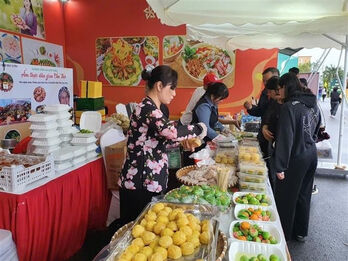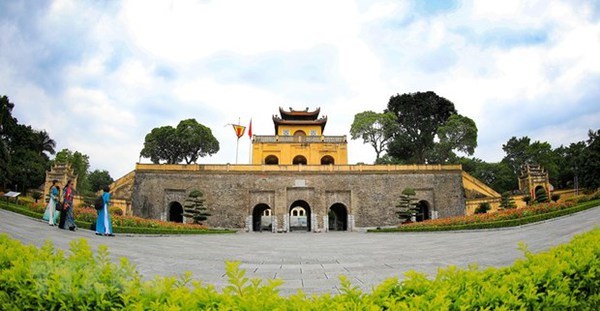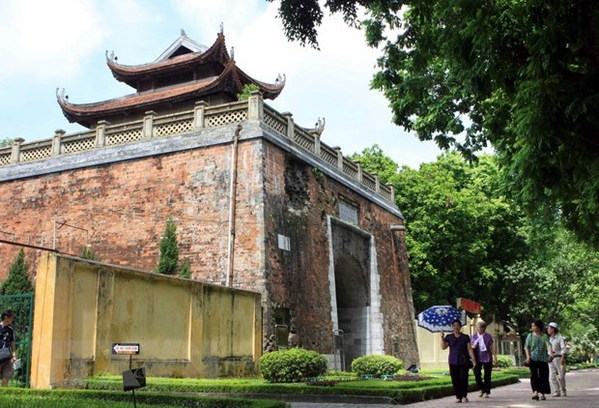Thang Long Imperial Citadel expected to become Heritage Park
The Thang Long Imperial Citadel in the centre of Hanoi should be preserved and developed with a vision to become a Heritage Park, said Secretary of the Hanoi Party Committee Vuong Dinh Hue at a working session with its management body - the Thang Long-Hanoi Heritage Conservation Centre on February 23.
-
 Mekong Delta cuisine delights visitors at Autumn Fair 2025
Mekong Delta cuisine delights visitors at Autumn Fair 2025
- Vietnamese athletes undergo training in France to prepare for Olympics
- Autumn Fair 2025 opens as major national trade promotion event
- Promoting Vietnam’s 'soft power' through culture: experts
- Preserving the hundred-year-old profession of Trang Bang land
- Vietnamese petanque team successfully defends World Championship
- Vietnam win 3-1 over Nepal in Group F of 2027 Asian Cup qualifiers
- Preserving and spreading cultural values through each heritage
- Vietnam wins first world xiangqi standard title in Shanghai
- Tay Ninh sports' imprints




